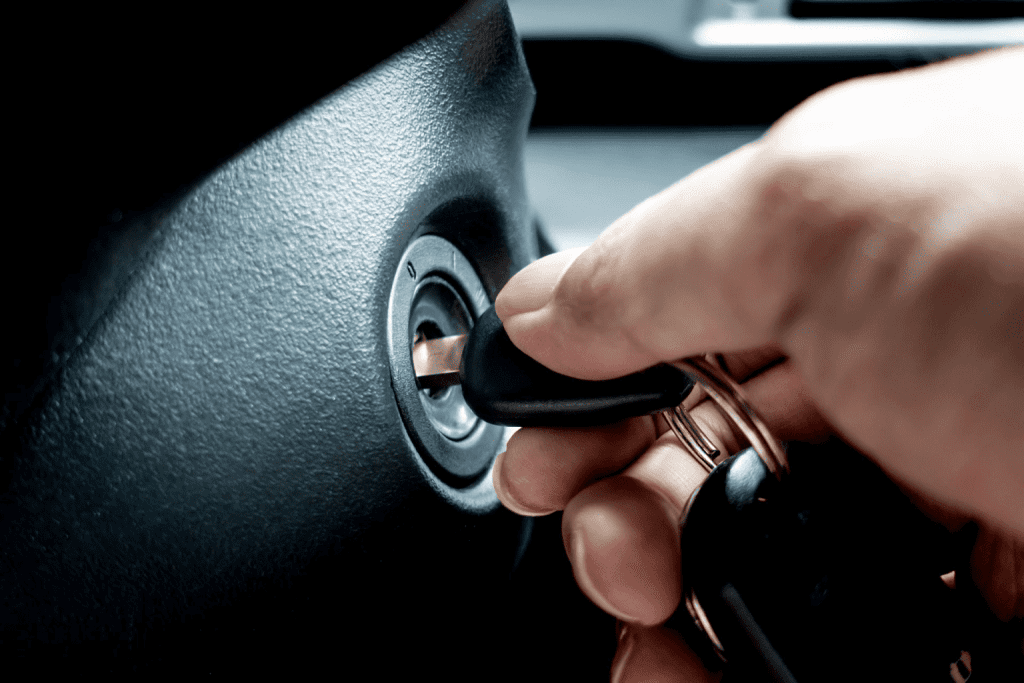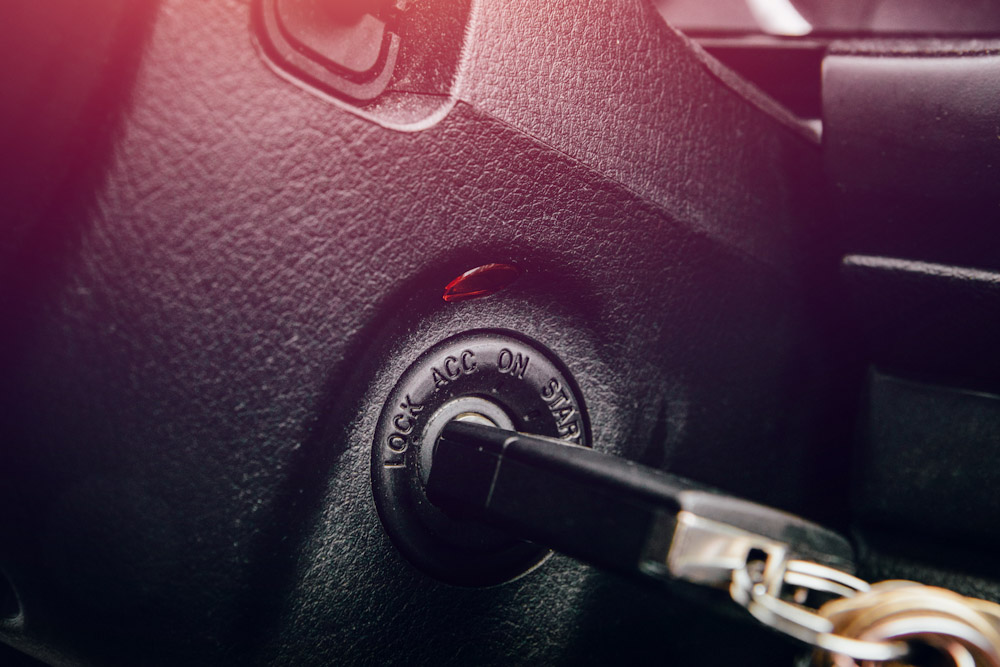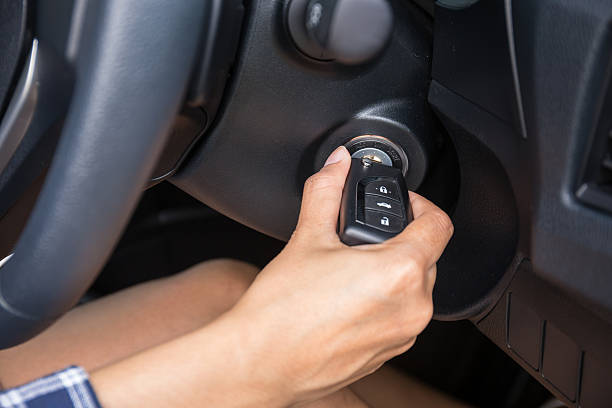In our busy lives, carrying a bundle of keys on a single ring might feel practical. Yet, this common habit can have unintended consequences, especially when it comes to your vehicle’s ignition key. The truth? That extra weight can silently wreak havoc on your car’s ignition system, leading to costly repairs and unexpected hazards. Let’s dive into why this seemingly small action can have big implications.

Understanding How the Ignition System Works
Think of your car’s ignition system as the heart of the engine-starting process. It includes essential components like the ignition switch, lock cylinder, and key. When you insert the key into the ignition, it activates the lock cylinder, which in turn engages the ignition switch to start the engine.
This intricate mechanism is built with precision. It’s designed to handle the key alone, not the added strain of extra keys or heavy keychains pulling it down. Even small changes in weight or alignment can disrupt its function, similar to how a delicate watch mechanism can be thrown off by external force.
The Dangers of Extra Weight on Ignition Keys
Adding extra keys or a bulky keychain to your ignition key may not seem like a big deal, but over time, it adds a significant load to the ignition switch.
Imagine a lightweight door hinge supporting a heavy object—it will eventually wear down. Similarly, the added pressure from the weight of extra keys causes:
- Increased Wear and Tear: The ignition lock cylinder can wear out faster than expected.
- Difficulty Turning the Key: Over time, the added weight may make the key harder to turn or cause it to stick.
- Risk of Key Breakage: In extreme cases, the key might break off inside the ignition, leaving you stranded and needing expensive repairs.
How Heavy Keychains Affect the Ignition Switch
The ignition switch, a vital part of your car’s electrical system, isn’t designed to handle stress from heavy objects. Over time, this strain can lead to premature failure of internal components.
This type of damage can result in:
- Starting Problems: Your car might struggle to start or refuse altogether.
- Complete Switch Failure: A failed ignition switch means your car won’t start, period.
- Electrical Malfunctions: Other systems reliant on the ignition switch, like power windows or lights, might malfunction.
Repairing or replacing the ignition switch can cost hundreds of dollars, a hefty price to pay for what’s ultimately a preventable issue.
Impact on Your Vehicle’s Safety and Performance
Beyond wear and tear, a damaged ignition system can compromise your safety on the road. If the ignition switch fails while you’re driving, it could cause the engine to stall. This sudden loss of power cuts off power steering and brakes, making it difficult to control the vehicle.

At best, it’s an inconvenience; at worst, it’s a dangerous situation, especially if it happens on a busy highway. Protecting the ignition system is not just about avoiding repairs—it’s about ensuring your safety and that of others on the road.
Why Modern Vehicles Aren’t Immune
It’s a common myth that only older cars are vulnerable to damage from heavy keychains. Modern vehicles, while equipped with advanced technology, still use ignition systems with sensitive components. The basic design remains the same, meaning they too can fall victim to the strain caused by unnecessary weight on the ignition key.
Expert Advice on Proper Key Management
Automotive experts universally recommend keeping your ignition key separate from other keys. Many car manufacturers explicitly warn against attaching extra weight to the ignition key in their user manuals.

Here are some simple yet effective tips:
- Use a lightweight keychain for your ignition key.
- Keep non-essential keys, like house or office keys, on a separate ring.
- Regularly check the condition of your key and ignition system for signs of wear.
- Opt for a keyless entry system if your vehicle offers it, eliminating the need for physical keys altogether.
Preventative Measures to Protect Your Ignition System
Caring for your ignition system is straightforward. A few small adjustments can save you significant hassle down the line.
- Minimize Key Weight: Use minimalist keychains or key organizers that keep keys compact and light.
- Inspect Regularly: Periodically check for signs of damage, such as difficulty turning the key or unusual resistance in the ignition.
- Avoid Dangling Objects: Heavy decorative items or accessories on your keychain can also contribute to added stress.
- Schedule Routine Maintenance: A professional inspection can catch potential ignition problems before they escalate.

Exploring Alternatives to Traditional Keychains
If keeping your keys organized without adding weight feels like a challenge, consider alternatives. Key organizers, which hold keys in a compact, lightweight stack, are a sleek option. Another great choice is switching to digital key solutions, such as smart fobs or smartphone apps, which eliminate physical keys entirely.
These modern tools not only reduce the risk of ignition damage but also add convenience to your daily routine.
Conclusion: Small Changes, Big Benefits
Who knew that something as simple as your keychain could impact your car’s performance and safety? By avoiding the habit of attaching extra keys to your ignition key, you can extend the lifespan of your ignition system, prevent costly repairs, and stay safer on the road.
A little attention to detail goes a long way. So, next time you grab your keys, give them a second look. Keeping it light isn’t just good advice for life—it’s great advice for your car too.


